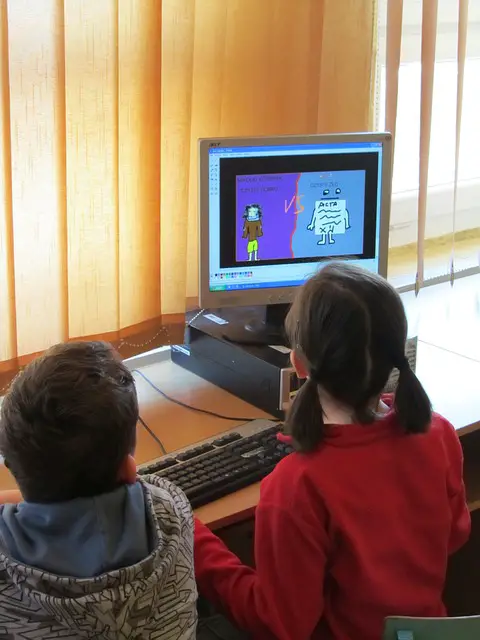Unraveling the Role and Responsibilities of a Custodial Parent

The term “custodial parent” refers to the parent who has primary physical custody of a child following a separation or divorce. This role carries significant responsibilities and legal implications, affecting various aspects of the child’s life, including their living arrangements, education, and overall well-being. Understanding the role and duties of a custodial parent is crucial for both the parents involved and anyone else affected by custody arrangements.

Page Contents
Unraveling the Role and Responsibilities of a Custodial Parent
What is a Custodial Parent?
A custodial parent is the one with whom the child primarily resides and who is responsible for the day-to-day care of the child. Custodial parents are typically determined through legal agreements or court orders in the context of divorce or separation. The custodial parent is responsible for making routine decisions regarding the child’s upbringing and providing a stable home environment.
Types of Custody
Custody arrangements can vary, and understanding the different types is essential:
- Physical Custody
- Primary Physical Custody: The child lives with the custodial parent the majority of the time.
- Shared Physical Custody: The child spends significant time with both parents, though one parent may have the primary residence.
- Legal Custody
- Sole Legal Custody: One parent has the exclusive right to make major decisions about the child’s welfare, such as education and medical care.
- Joint Legal Custody: Both parents share the responsibility for making significant decisions about the child’s upbringing.
Responsibilities of a Custodial Parent
Being a custodial parent involves a range of responsibilities aimed at ensuring the child’s well-being:
- Daily Care and Supervision
- Housing and Routine: Providing a stable home environment and managing the child’s daily needs, including meals, clothing, and a safe living space.
- Health and Safety: Ensuring that the child receives proper medical care, attends regular check-ups, and is kept safe from harm.
- Educational Responsibilities
- School Attendance: Ensuring that the child attends school regularly and completes their homework.
- Communication with Educators: Engaging with teachers and school staff to stay informed about the child’s academic progress and any issues that may arise.
- Emotional Support
- Providing Stability: Offering emotional support and stability, helping the child cope with any changes or challenges related to the custody arrangement.
- Parent-Child Relationship: Fostering a positive and supportive relationship with the child to promote their emotional and psychological well-being.
- Legal and Financial Obligations
- Child Support: Handling any child support arrangements as stipulated by the court, including ensuring that any support payments are utilized appropriately for the child’s needs.
- Legal Compliance: Adhering to legal custody agreements and court orders, including facilitating visitation rights for the non-custodial parent as applicable.
- Co-Parenting and Communication
- Coordination with Non-Custodial Parent: Maintaining open communication with the non-custodial parent regarding the child’s needs, schedules, and important events.
- Conflict Resolution: Working collaboratively to resolve any disputes that arise and prioritizing the child’s best interests in all decisions.

Legal and Financial Considerations
Custodial parents often encounter various legal and financial considerations:
- Custody Agreements and Modifications
- Initial Custody Determination: Custody arrangements are typically established through legal agreements or court orders based on the best interests of the child.
- Modifications: Changes to custody arrangements can be requested through the court if there are significant changes in circumstances or if the current arrangement is no longer in the child’s best interests.
- Child Support
- Receiving Support: Custodial parents may receive child support payments from the non-custodial parent to help cover the child’s expenses.
- Financial Management: Managing child support funds responsibly and ensuring they are used for the child’s benefit.
Challenges and Support
Custodial parents may face challenges such as balancing work and parenting responsibilities, managing financial pressures, and handling emotional stress. Seeking support through counseling, parent support groups, or legal advisors can be beneficial in navigating these challenges.
Conclusion
The role of a custodial parent is crucial in providing a stable and supportive environment for a child following separation or divorce. By understanding the responsibilities and legal aspects associated with custody, custodial parents can better navigate their role and ensure the well-being of their child. Open communication, legal compliance, and emotional support are key components of successful custodial parenting, ultimately contributing to the child’s overall health and happiness.






